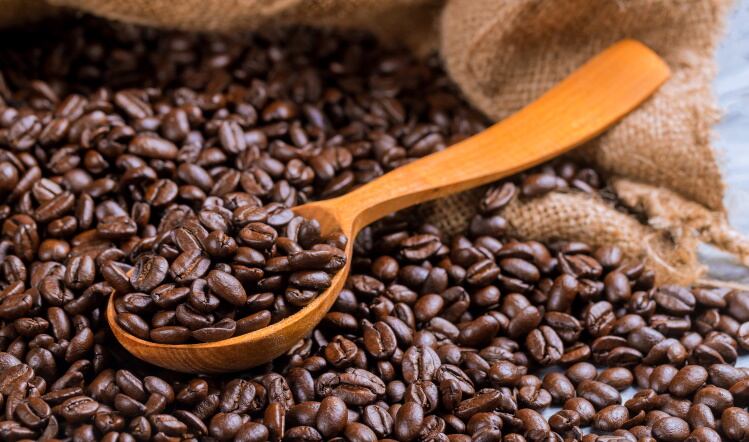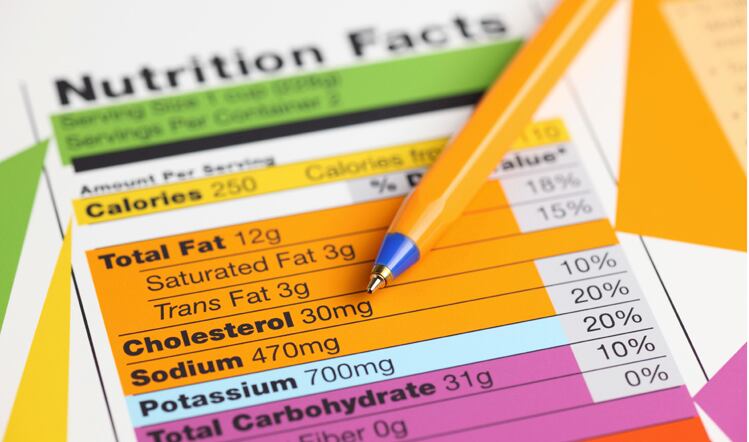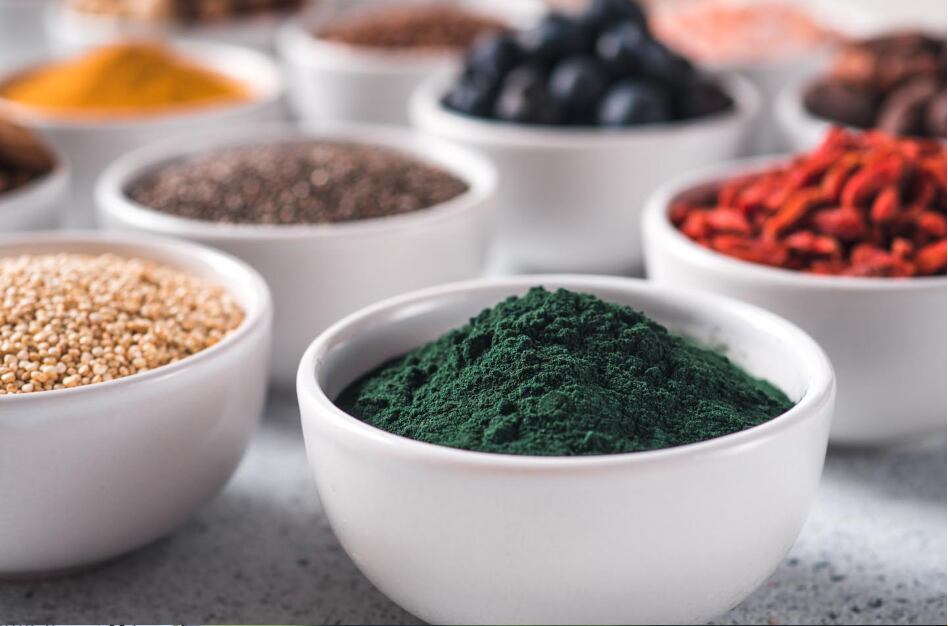As the COVID-19 pandemic spreads, social media interest in the potential of nutrition to help the immune system fight infection has predictably emerged.
Sadly, there have been numerous false promises that lack supporting scientific evidence and could do more harm than good. Supplements may be flying off the shelves, but evidence is lacking that they can prevent or treat COVID-19. Nevertheless, the ability to fight infection can be helped by good nutrition and keeping active.
Dispelling myths
To dispel some of the myths, the British Nutrition Foundation has summarised the facts about the positive effects on immune health and dietary sources of 10 vitamins and minerals – vitamins A, B6, B12, folate, C and D, and minerals iron, zinc, selenium and copper (bit.ly/2Vv30Hx). With two exceptions, all of these can be obtained by eating a varied, healthy diet.
One exception is folate; a daily supplement is recommended for women of childbearing age to minimise the risk of having a baby with a neural tube defect.
PHE recommendations
The other is vitamin D; a daily 10 microgram supplement is recommended by Public Health England during the winter months, when we are unable to synthesise vitamin D via the action of sunlight on skin, and all year round for at-risk groups, including those who spend little time outside in summer sunlight or who wear clothes that cover most of their skin when outdoors.
Under current circumstances, many more of us are spending more time indoors either because of self-isolation or social distancing, highlighting the importance of vitamin D supplements and dietary sources (oily fish, red meat, egg yolk and fortified foods such as breakfast cereals).
But beware of media stories suggesting dangerously high doses (up to 25 times the recommended 10 microgram level).




